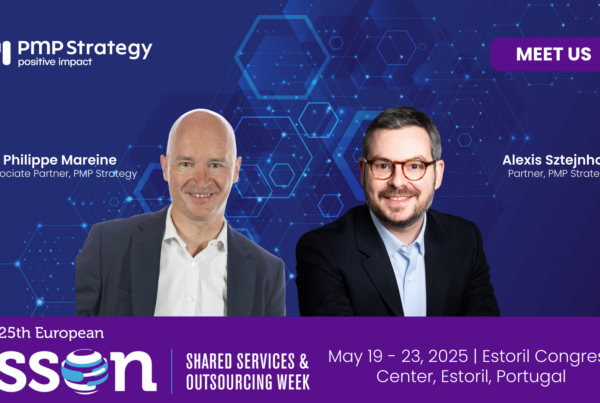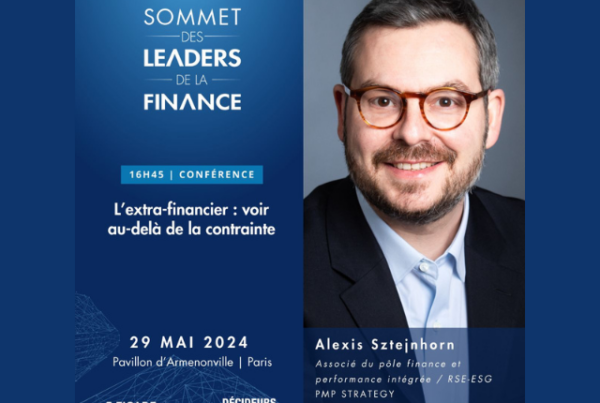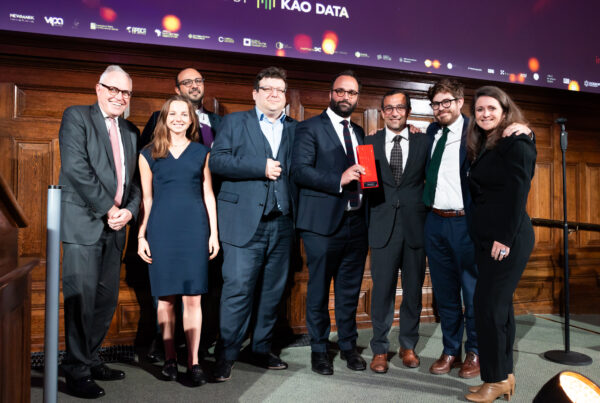Philippe Maillard explained to us that the value of the profession is built around the value of people and the value of employees.
Alain Boinet described to us the challenges and the passion of humanitarian actors to undertake solidarity projects.
FEEDBACK ON THIS CONFERENCE

Water is a public asset, not a merchandise! As Philipe Maillard told us, what the consumer pays relates to the costs of the various services linked to the use of water (production, distribution, sanitation) and not to the cost of the product which remains “free”. For Alain Boinet, water evokes a humanitarian emergency that revolves around a major development axis to ensure access to drinking water, hygiene, and sanitation for the most vulnerable populations. vulnerable to water-borne diseases. Organized every three years, the World Water Forum thus brings together representatives of NGOs and governments to initiate a process of global collaboration around water issues.
The 6th edition of this Forum was held in France and was an opportunity to return to the debate on public or private water management. Philipe Maillard sees this debate as a distraction from the real issues of water which, according to him, are issues of resource protection, wastewater treatment and especially the treatment of conflicts of use between agriculture, industry and home use. The model of delegation of public services to private companies is evolving today with the introduction of new players and the willingness of communities to manage one or more parts of the service chain. In this renewed context, Lyonnaise des eaux is adapting to this development which involvesadoption and design of new management tools in the face of the segmentation of the service chain and the introduction of new competitors.
 Lyonnaise des eaux is therefore obliged to explore new areas with reflexes of innovation and entrepreneurship to develop solutions to several problems such as the reduction of management costs, the reduction of energy consumption in the stations. purification, and the management of water used in the agricultural environment. These reflexes are reflected in the creation of new subsidiaries, the purchase of SMEs and start-ups in order to provide Lyonnaise des eaux with diversified skills and expertise. The company is also seeking to develop new services for its customers by exploiting information and communication technologies, such as the development of an electronic chip on the water meter,which offers immediate access to consumption levels, management and reporting facilities, and several other billing-related services.
Lyonnaise des eaux is therefore obliged to explore new areas with reflexes of innovation and entrepreneurship to develop solutions to several problems such as the reduction of management costs, the reduction of energy consumption in the stations. purification, and the management of water used in the agricultural environment. These reflexes are reflected in the creation of new subsidiaries, the purchase of SMEs and start-ups in order to provide Lyonnaise des eaux with diversified skills and expertise. The company is also seeking to develop new services for its customers by exploiting information and communication technologies, such as the development of an electronic chip on the water meter,which offers immediate access to consumption levels, management and reporting facilities, and several other billing-related services.

Regarding international development and despite the presence of Lyonnaise des Eaux in several countries, Philipe Maillard believes that few countries have both a system of governance and economic conditions favorable to the introduction of a private actor and the setting up of services relating to the use of water. He also underlines the strong involvement of the company in humanitarian actions through the support it provides to the Aquassistance association. For Alain Boinet, it is urgency that determines the location of the missions of humanitarian actors: access to drinking water is not only a daily emergency in poor countries but also an additional emergency in conflict or disaster situations. natural,especially during massive population displacements. The challenge is therefore to move from an emergency reconstruction model to a sustainable model thanks to the international contribution and to innovative and useful sources of funding, such as the Oudin law, which allows local communities to pay 1% of their royalties for the benefit of international cooperation actions.
In short, the contribution of technologies and innovative management solutions would be essential to meet one of the major challenges of our planet: water!




